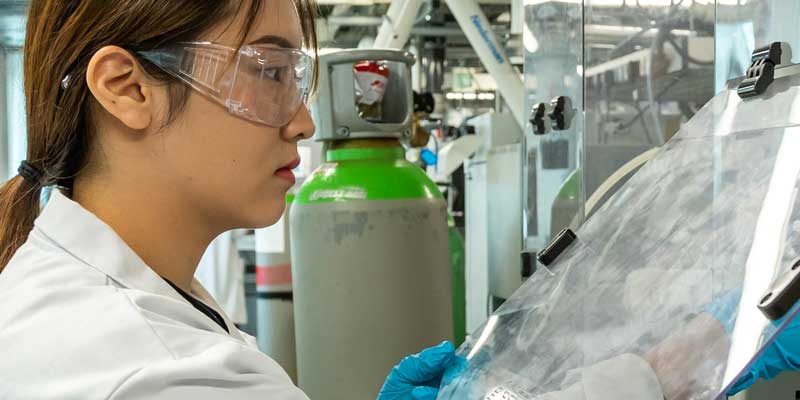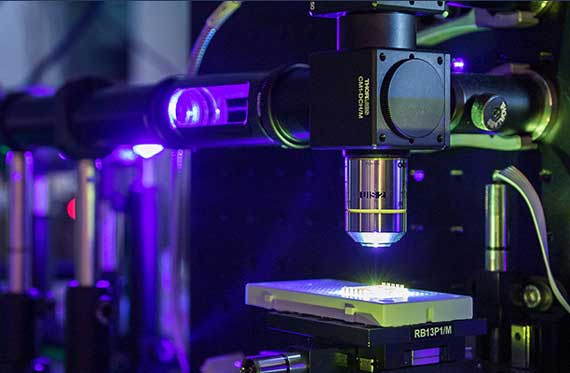Our research excellence
Located in the heart of the city, our campus is home to over 850 of the world’s most creative researchers and an unrivalled network of state-of-the-art facilities.
We collaborate with partners worldwide to address global challenges through a unique interdisciplinary approach. We’re able to combine disciplines and capabilities to meet both the challenges of leading-edge research and the external demands of government, business and communities – from engineering biology, future telecommunications and AI, to quantum technologies and semiconductors.
We are at the forefront of tackling issues and seizing opportunities in crucial future sectors, with our approach that is underpinned by our research excellence in advanced materials, biotechnology, cancer, energy and global inequalities.
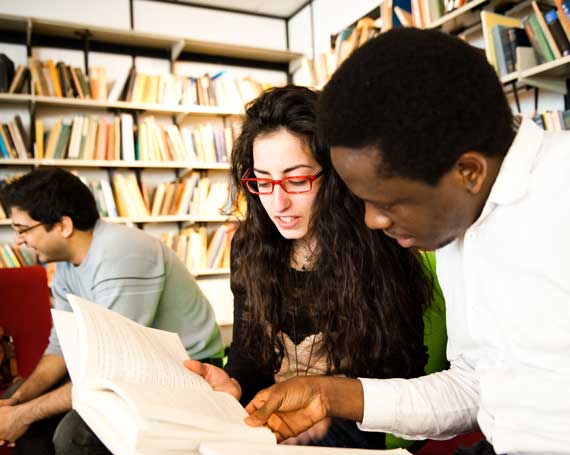
£1bn campus investments
in last 10 years, creating an unrivalled research environment.
850+ world-leading researchers
supported by 1,600 PhD researchers.
£25.6m from industry partners
to accelerate innovation
(2022-23).
£1.7bn Innovation District
ID Manchester will create 10,000+ jobs in 15 years.
Our research specialisms
Search for a research area
Our Faculty boasts specialisms across a diverse range of research fields.
Find a research area and read more about it on our dedicated website.
Explore the future of innovation at Manchester
Tomorrow Labs
Experience the largest collection of science and engineering facilities in any UK institution, where you can access expertise and cutting-edge equipment.
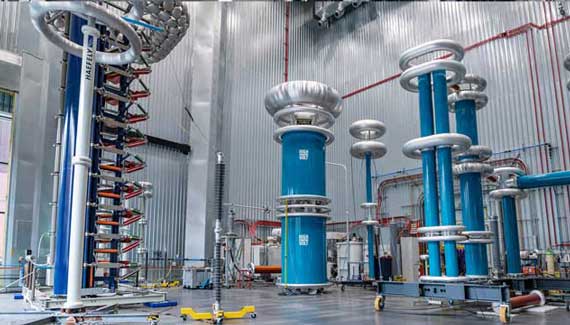
Material innovation
Discover how our researchers continue to pioneer 2D materials discovery and innovation, 20 years after the isolation of graphene.

Innovation District Manchester
Explore ID Manchester, which will provide specialist infrastructure to grow of the economy and unlock the commercialisation of R&D innovation
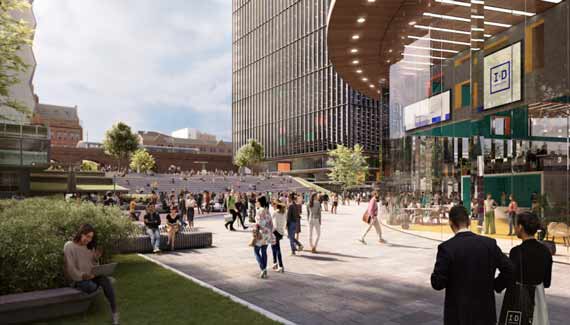
Connect with us
Search our research database
- Discover research publications, impact and activities
- Search for researchers and view profiles.
Business
- Access world-class research and development, cutting-edge equipment and facilities to develop solutions to your challenges
- Explore funding to support collaboration and make change happen.
Policy work
- Connect with researchers and build long-term relationships
- Gain insight to support pressing policy challenges, and access policy articles and publications.
Postgraduate research
-
Explore postgraduate research opportunities
-
Find out about funding and the flexible pathways to support our researchers.

